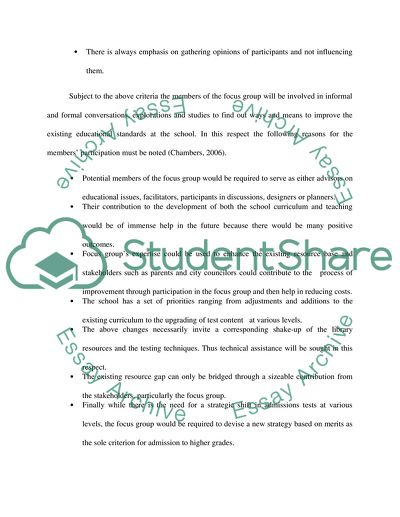Cite this document
(Standards, Assessment, and School Reform Research Paper, n.d.)
Standards, Assessment, and School Reform Research Paper. Retrieved from https://studentshare.org/education/1724675-focus-group
Standards, Assessment, and School Reform Research Paper. Retrieved from https://studentshare.org/education/1724675-focus-group
(Standards, Assessment, and School Reform Research Paper)
Standards, Assessment, and School Reform Research Paper. https://studentshare.org/education/1724675-focus-group.
Standards, Assessment, and School Reform Research Paper. https://studentshare.org/education/1724675-focus-group.
“Standards, Assessment, and School Reform Research Paper”, n.d. https://studentshare.org/education/1724675-focus-group.


